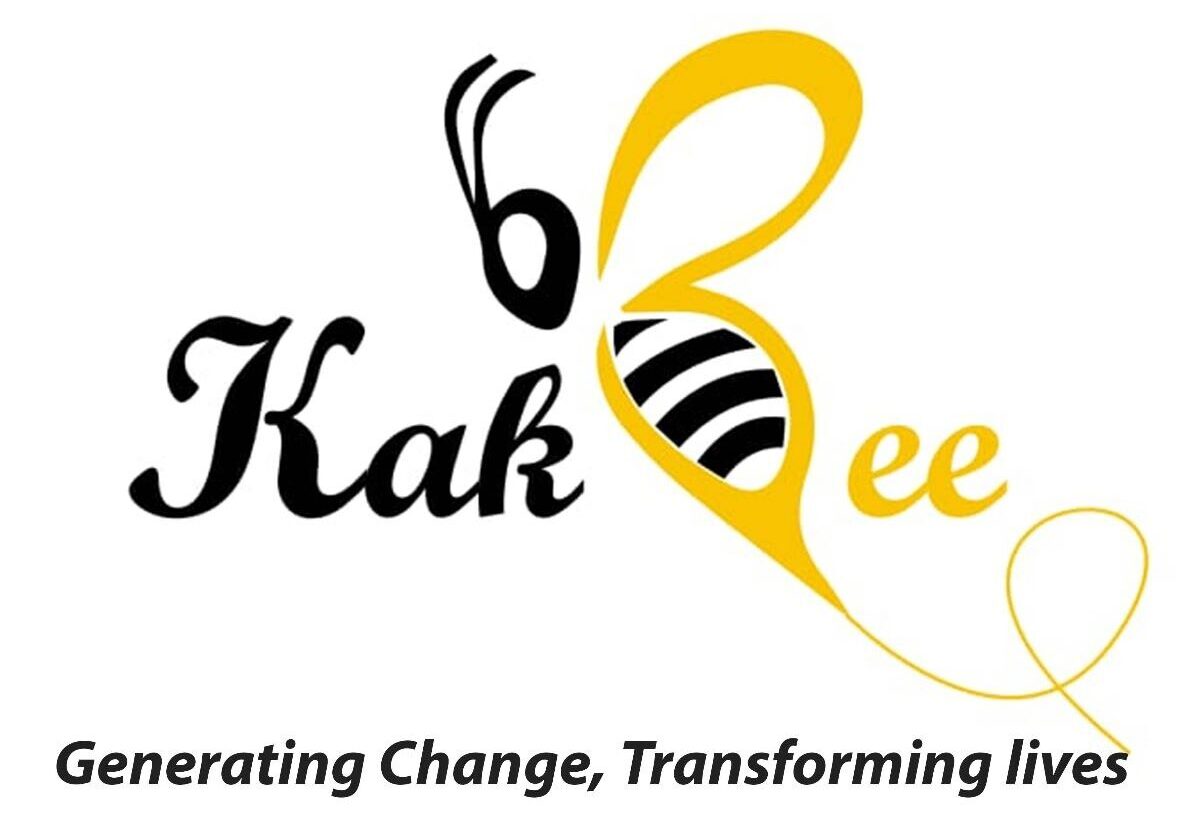The Beekeeping Program is a transformative initiative designed to foster self-resilience, promote community development, and empower vulnerable populations, particularly women and youth, in displacement settings and Arid and Semi-Arid Lands (ASAL) regions like Turkana. These areas are severely affected by drought, unemployment, inequalities, deforestation, hunger, and the devastating impacts of climate change. Beekeeping offers a powerful solution by addressing both environmental and socio-economic challenges.
Environmental Impact of Beekeeping
Bees play an essential role in maintaining environmental balance. As natural pollinators, bees contribute significantly to:
– Biodiversity conservation: Bees pollinate a wide variety of plant species, including wild plants and agricultural crops. This not only boosts plant diversity but also ensures healthy ecosystems.
– Improved crop yields: By pollinating food crops like fruits, vegetables, and legumes, bees directly enhance agricultural productivity, leading to better food security.
– Mitigating deforestation: Integrating beekeeping into reforestation and tree nursery projects supports forest conservation efforts. Trees provide nectar and pollen for bees, while beekeeping gives communities economic incentives to protect forests rather than cut them down.
– Climate change mitigation: Bees contribute to the carbon cycle by supporting vegetation growth through pollination. More plant growth means more carbon capture, helping to mitigate climate change.
Socio-Economic Impacts
Beekeeping is a low-cost, high-return activity, making it an ideal livelihood for vulnerable populations in ASAL and displacement settings. Some key socio-economic benefits include:
– Income generation: Beekeeping provides multiple sources of income through the sale of bee products, which are in high demand both locally and internationally.
– Women and youth empowerment: By training women and youth in beekeeping, the program creates job opportunities and promotes financial independence. This is particularly crucial in regions like Turkana, where unemployment and inequalities disproportionately affect these groups.
– Sustainable livelihoods: Beekeeping doesn’t require large land areas or heavy capital investment, making it an accessible and sustainable livelihood option in ASAL regions where other forms of agriculture are limited due to harsh conditions.
– Food and nutrition: Honey, a highly nutritious food, helps improve nutrition and can be used to supplement diets, especially in regions prone to food insecurity.
Bee-Related Products
The program capitalizes on various bee-related products, all of which have commercial and health value:
1. Honey: A natural sweetener with high nutritional value and medicinal properties, honey is a key product for both domestic consumption and market sale.
2. Beeswax: Used in cosmetics, candles, and pharmaceuticals, beeswax adds an additional revenue stream.
3. Propolis: Known for its anti-inflammatory and antibacterial properties, propolis is used in health supplements and medicinal products.
4. Royal jelly: A rare and valuable product used in beauty and wellness products due to its rich nutrient content.
5. Bee venom: Increasingly in demand for its medicinal properties, particularly in treating arthritis and immune disorders.
5. Bee venom: Increasingly in demand for its medicinal properties, particularly in treating arthritis and immune disorders.
6. Bee pollen: A superfood rich in proteins and vitamins, bee pollen is used in health foods and supplements.
A Game-Changer for ASAL Regions and Displacement Settings
In the ASAL regions of Turkana, where people face drought, hunger, and deforestation, the Beekeeping Program offers a sustainable solution to combat these challenges. By promoting environmental regeneration, creating employment opportunities, and addressing food insecurity, the program is a game-changer in:
– Fighting hunger: Improved pollination leads to higher crop yields, ensuring more food production.
– Combating unemployment: Beekeeping creates green, decent jobs for women and youth, enhancing economic stability in areas where employment opportunities are scarce.
– Empowering communities: The program equips marginalized groups with skills and knowledge to lead self-reliant lives, reducing dependency on humanitarian aid.
This program is particularly crucial in displacement settings, where refugees often lack opportunities for economic empowerment and environmental restoration is critical. By investing in beekeeping, these communities can achieve resilience in the face of climate change, while contributing to economic growth, gender equality, and environmental sustainability.
In short, beekeeping is not just a livelihood—it’s a pathway to long-term development, *restoring the environment*, mitigating the effects of climate change, and empowering the most vulnerable populations in Turkana and similar regions.
